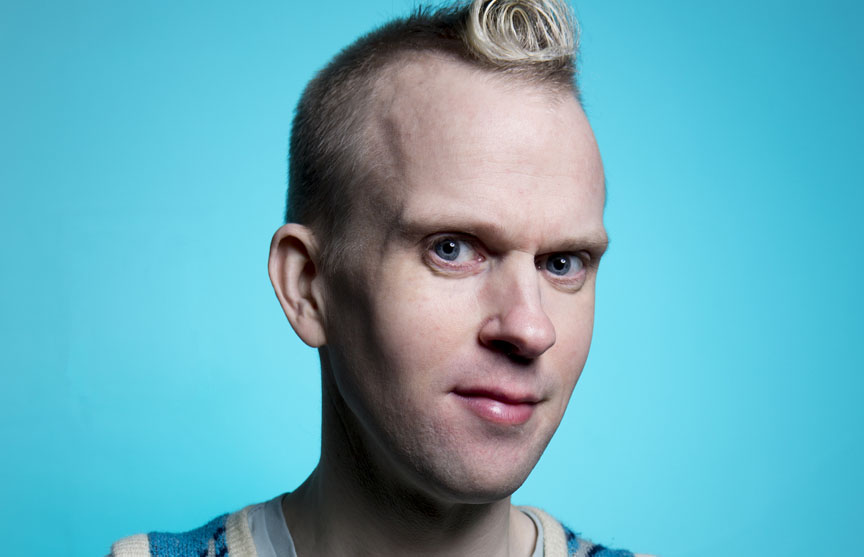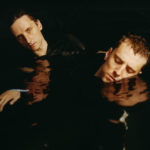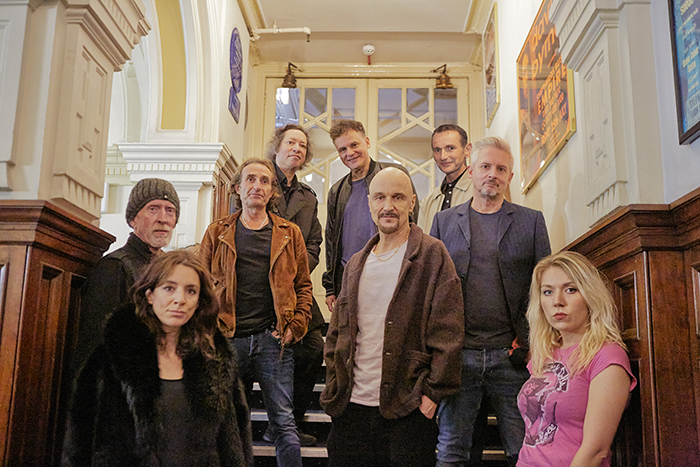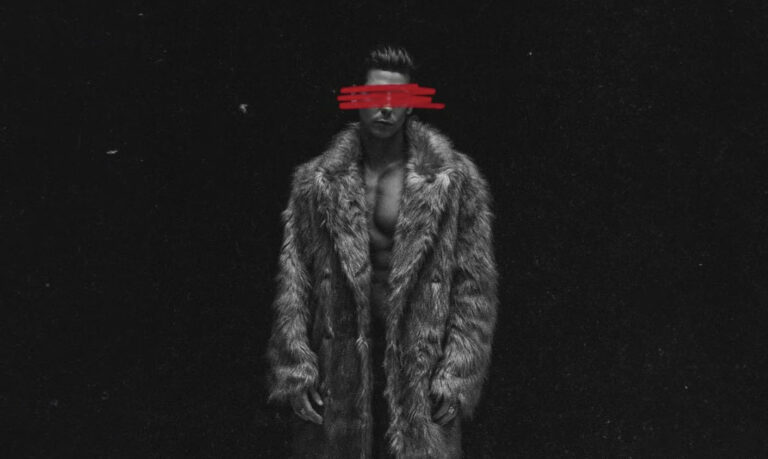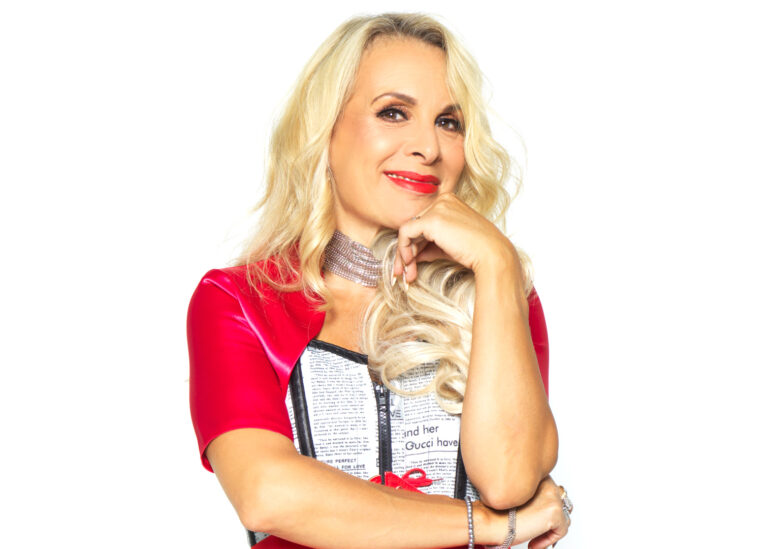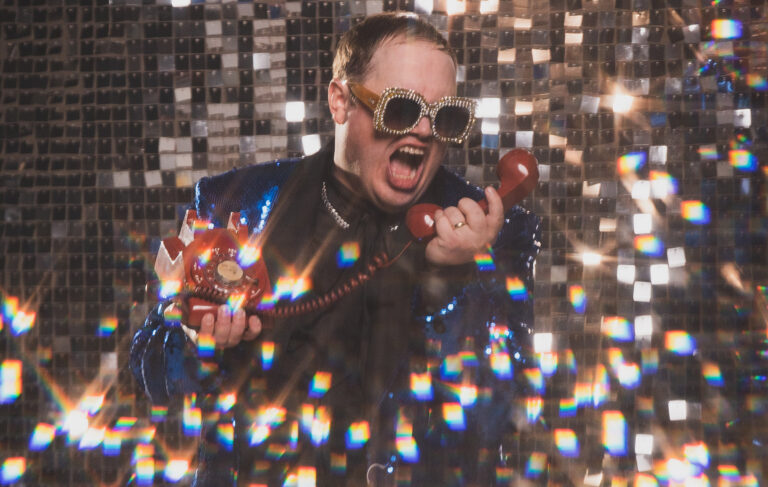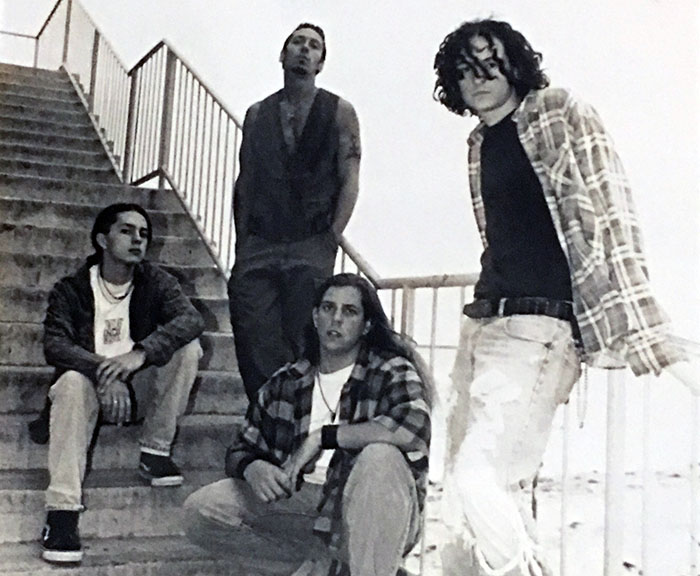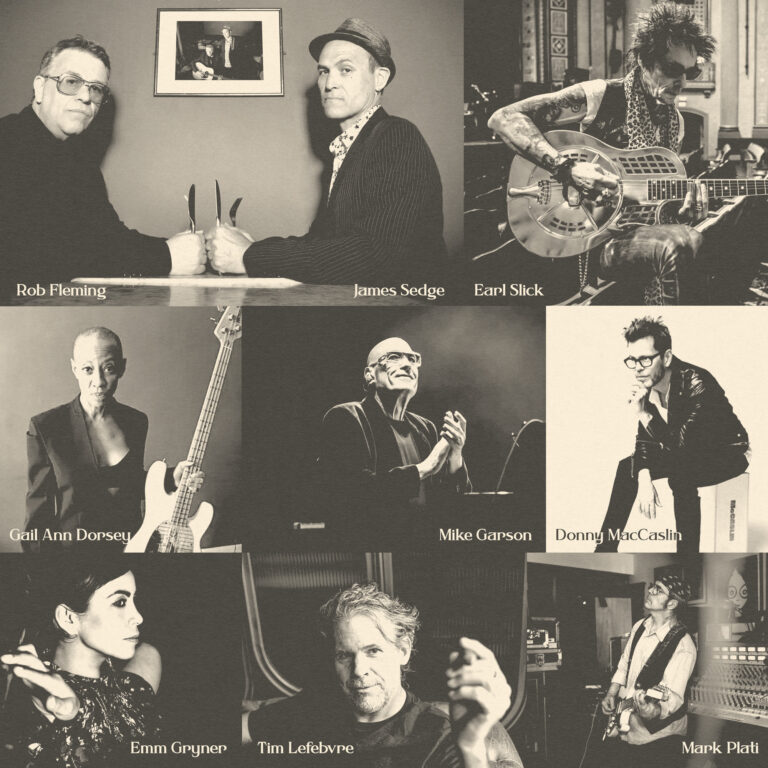Robert White finished Runner Up in Britain’s Got Talent 2018 and is currently on the road with his brilliant “Tank Top Tour”. We spoke to Robert about how comedy helped him with his Asperger’s, appearing in Britain’s Got Talent and, of course, tank tops.
1. Thanks for your time Robert. Your “Tank Top” tour has been running since February, how’s it been going and are you getting tank tops off your fans?
“Yes, it’s been going from strength-to-strength and the audiences they have been lovely. I have had loads of lovely messages of support and lots of people wanting to do photos and stuff… which is crazy. It’s fun. I’ve been getting a few but the thing is, a while ago, I bought out all of the internet and Ebay of tank tops so there are not many left in existence except in my wardrobe. I’ve been given about four or five so far and one was spot on. They got everything right, the size, the pattern, everything. One of them looks like it was knitted by my mum but, well, it’s the thought that counts [laughs]. No, it’s a lovely thought.”
2. You’ve been doing comedy for a while now but your profile went through the roof after you finished runner-up on Britain’s Got Talent. How has life changed for you?
“Well, I had to get a new roof first of all after my profile went through it and broke it, badum-chaaah! I would say that I’ve been recognised a bit more, I’ve had more opportunities, I’ve had more gigs, I’ve had my mum finally realise what it is I do and I get to go to all these lovely places and do shows where I wouldn’t have been able to go to before.”
3. The panelists on BGT were obviously big fans of yours. What is the best piece of advice you took from the show?
“The best piece of advice I got was “never call me that again!” but I won’t tell you who that was from. They were just all up for it and they were an amazingly supportive group of people. From a distance they all looked slightly scary and, I was going to say judgemental but, well, they are judges. They were all down to earth and human and just really lovely people who gave me really lovely, supportive advice.”
4. You’ve been doing comedy for a while before the show, what prompted you to apply?
“Well, it’s an odd thing life isn’t it? I’ve had lots of jobs and I’ve failed at them all. Comedy helped me with my Aspergers to the point where I could do a job and not fail at it. The thing is comedy hadn’t provided me with the financial security especially in the kind of climate where bankers and financial people were losing their jobs. Comedians, theatres, pubs, they were forming ten-a-penny. I thought to myself that comedy won’t give me comedy but it will give me the ability to do a job and fit in with people. The idea was to prove that comedy didn’t work so I could do another job.”
5. Do you think one of the things that endeared you to the Britain’s Got Talent audience was the fact that you embrace your condition within your act and don’t use it for a sympathy vote?
“I think so. The thing is that people like the underdog element. With invisible disabilities, you don’t necessarily know what is going on under the surface. If you’re on a bus and someone with a stick asks if they can sit down then you’re likely to give up your seat but if a strapping six-foot man asks then you’re likely to wonder why. It could be that he is in chronic pain but you won’t know that.”
“I also think that if my disability had been more obvious then it may have been more of a thing with the audience but I hope that they liked it because I made them laugh. What I like to do in my act is talk about my condition then move onto other things rather than just bang on about it.”
6. What do you get about standing up on stage and getting to talk about your life through comedy?
“On a practical level I have a job that I won’t get fired from for being odd so I can feed myself. On a personal level comedy has helped me on a social level in a way that they do using Cognitive Behavioural Therapy with autistic kids being put into tricky situations to deal with.”
“Comedy has been like that for me – a lot of tricky situations – like I couldn’t go into places on my own if I didn’t know someone or sitting down on public transport because I didn’t want to have to make eye contact. By getting an understanding of connecting with people like promoters and bookers and other comedians helps me outside of comedy where I might come across as direct or rude or ask too many questions. The thing with Asperger’s is that, if you’ve got it and you’re bright, people might thing you come across as rude. If say you work in an office and you’re in a wheelchair people can say “Oh, he’s like that because…” whereas, with Asperger’s, it could be something simple like saying hello or just social etiquette but people will wonder “why are they like that?”. To someone who is autistic and thinks logically, they might think “why do I do that” or “why do I say hello” or “why do I say good day?”, that isn’t actually a negative thing because I’ve neither said hello nor said anything good or anything bad. In the general norms of etiquette, not having these things does actually cause negativity.”
7. When you first started comedy, how much of a challenge was it to overcome walking into a room where you didn’t know anybody?
“Yeah, it took ages to go on public transport as I’d want to avoid making eye contact so I’d always have headphones in or take a paper with me. It’s things you wouldn’t think about if you had intuitive social skills. If you don’t have then there are things to do with memory and things to do with the misuse of language. I was fired from a job once because I wanted to do something clever with my pay by putting it in a different account. My manager said “are you trying to be clever?” and I said yes I am trying to be clever” and he literally thought I was taking the piss to his face. Literally use of language may mean that words don’t necessarily mean the same thing. It’s taken years and years of understanding me to create the exquisite comedy monster that you see on stage doing what he does.”
8. David Walliams is a huge fan, what advice did he give you and, more importantly, did you get him to go on a date with you?
“Well, he was annoying me so much that I eventually had to block him off Grindr.I can’t talk about dates but I do have an understanding that his next book is about a tank top wearing autistic comedian so I’ve no idea who that is about? No, I’ve totally made that up. He was lovely though and he gave me some really nice advice and, being a comedian, he was the one I connected with most from the panel. As to a date? Well, good girls don’t tell!”
9. Your love of tank tops is well documented but what about fashion disasters?
“Well, you talk about my love of tank tops then ask about fashion disasters in the same sentence. Some people would say that is the worst fashion faux-pas. I would say that I do have some bad tank tops but they’re more from buying stuff off Ebay where it says one size then you get it and it’s actually a child size tank top. The reason I had 300 was because, at that point, I hadn’t filtered out the Ebay disasters so once I did that I was left with about 80. The rest went to a charity shop in Brighton about a year before I went on Britain’s Got Talent so, somewhere, there is a shop full of previously worn Robert White Tank Tops in bulk.”
10. Thanks for your time Robert, just to finish, what are your plans for after the tour and the rest of the year?
“Who know? Life is an ever changeable thing and whatever you say now may be different tomorrow so, who knows what the future holds in store. We shall see.”
You can find a full list of dates and tickets here
